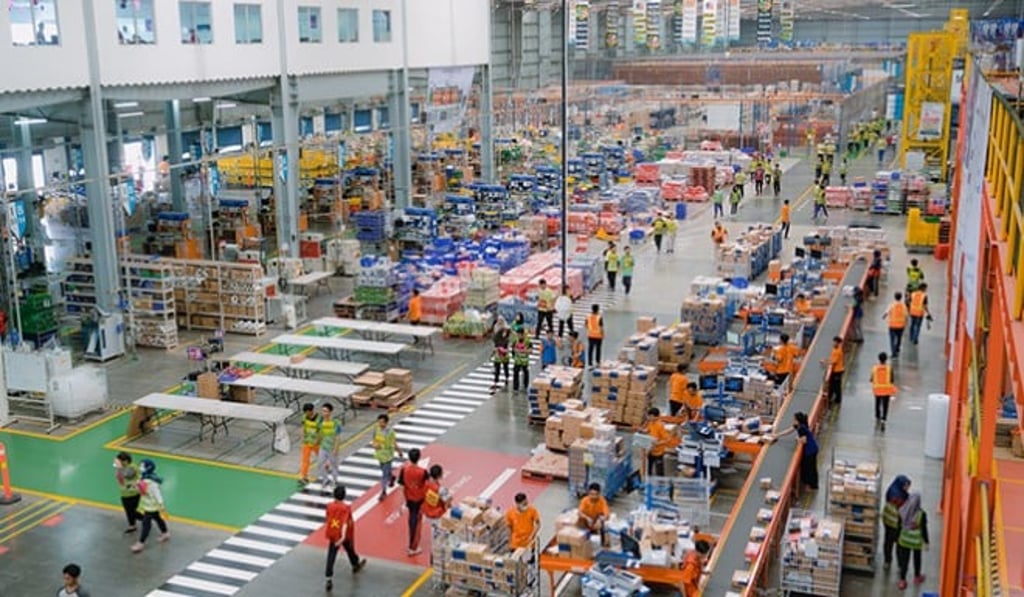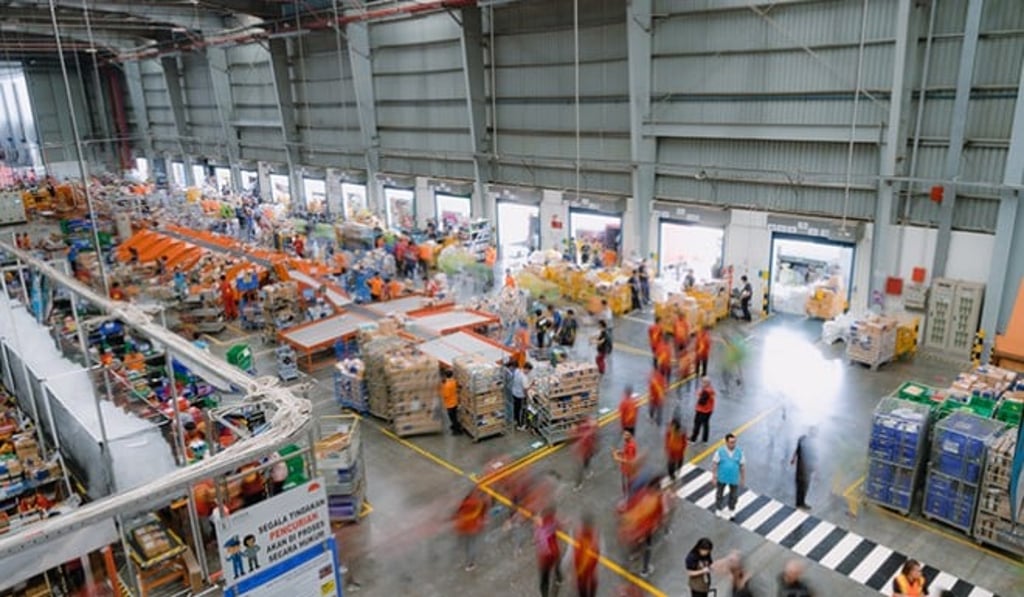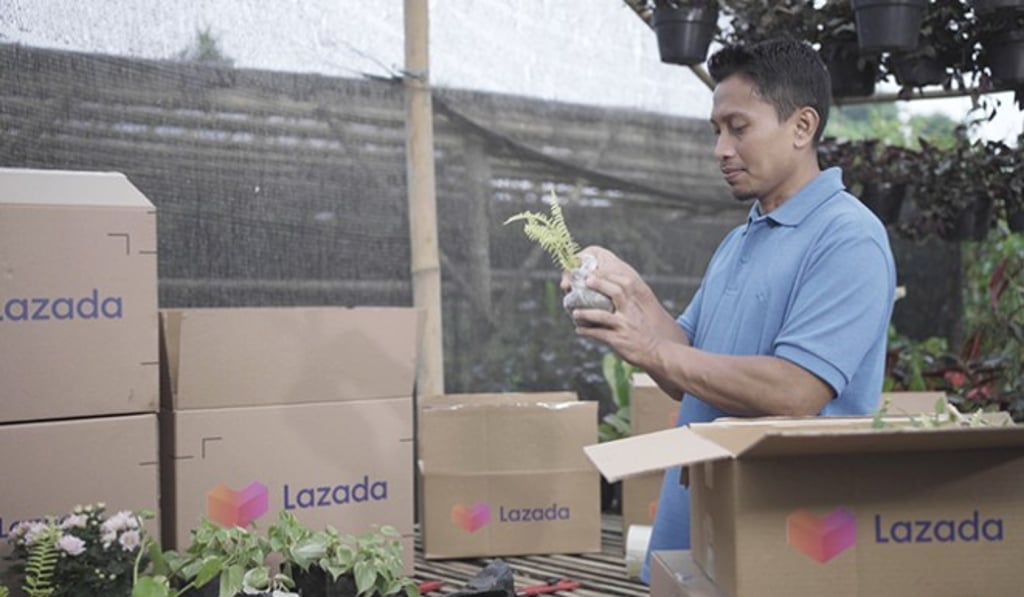Ecommerce powers businesses in Indonesia’s fast-growing digital economy

[Sponsored Article]
This year, the Indonesian government has set out to accelerate the digital transformation in the country. With the principles of ‘connecting the unconnected’ and ‘leaving no-one behind’, the digital transformation is expected to shape Indonesia as a forward-thinking nation that can compete in a global stage. Businesses, especially small enterprises, are amongst those that must digitalise to capture new opportunities and growth in the future economy. With the nation’s surging Internet penetration rate and the rapid adoption of smartphones, the value of Indonesia's digital economy in 2025 is estimated to reach USD124 billion.

In a recent study published by Lazada, Accelerating Indonesia’s Digital Economy through eCommerce, it is clear a significant number of Micro, Small and Medium Enterprises (MSMEs) have yet to fully participate in and benefit from Indonesia’s rapidly growing digital economy. 90 per cent of large corporations have shifted from analogue to digitised systems, but only 13 per cent of MSMEs have begun integrating technology into their operations. Advisory firm YCP Solidiance was commissioned to conduct the study with the support of the Indonesian eCommerce Association (iDEA).
The need to rectify this digitalisation shortfall is especially pressing because MSMEs are the backbone of Indonesia’s economy, accounting for more than 98 per cent of registered companies. In 2019, these small but powerful businesses contributed more than US$1,055 billion – or 58 per cent – of Indonesia’s GDP and provided jobs for 85 per cent of its working population. With eCommerce’s potential growth trajectory, the right policy and execution, eCommerce will help build a more inclusive and sustainable digital economy for Indonesia.
While more than 80 per cent of the survey’s MSME respondents acknowledge that embracing online technology is important, many businesses face such roadblocks on the path to digitalising as lack of access to digital infrastructure, financing and technology know-how. All these are reinforced by a reluctance to change.

That is why eCommerce platforms plays a crucial role in helping Indonesian MSMEs to digitise and digitalise. Platforms like Lazada offer help in financing, logistics, innovation, marketing and market access, thus enabling the MSMEs to tackle everyday issues that stymie their inclusion and advancement in the country’s digital economy.
The study revealed that 92 per cent of Indonesia’s digitalised MSMEs believe eCommerce has helped ease their logistics operations while 94 per cent said sales improved as a result of digital commerce promotions. All those surveyed also agreed that their presence on eCommerce platforms enabled them to reach a national audience.
Aside from providing a stable digital infrastructure, eCommerce platforms can offer key building blocks to spur on MSMEs that have begun digitising. They can also help large corporations looking to fully integrate digital technologies into their core competencies and business strategies. In line with Indonesia’s priorities to build a digital economy, a strong and healthy eCommerce ecosystem also creates new jobs, such as in artificial intelligence technologies, and foster new talents, such as in livestreaming.
Platforms like Lazada not only provide onboarding orientation for new merchants but also advanced training for those wanting to leverage the platform’s many features. Sellers can use the platform to access peer learning, mentorship and networking events. The platform also automates customer and seller services, guide sellers on data utilisation and offline-to-online conversion, and other key building blocks, all in one centralised location.
This is the case for many of our sellers, and one of them is Hanna Supardi, the owner of the online store Shopping Shoes on Lazada Indonesia, which sells women’s shoes and men’s bags. Driven by her eagerness to contribute to her family and give back to her community, she moved from selling offline to online and gradually grew her business with the tools provided by Lazada. Now, Hanna and her husband work with more than 100 tailors in three villages to produce her products and fulfill more than 9,000 orders a month.

This article was written by Monika Rudijono, Lazada Indonesia's Chief Marketing Officer